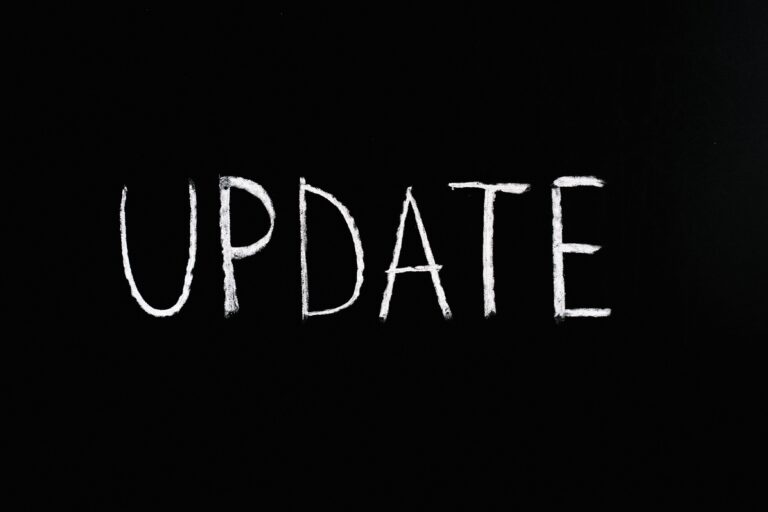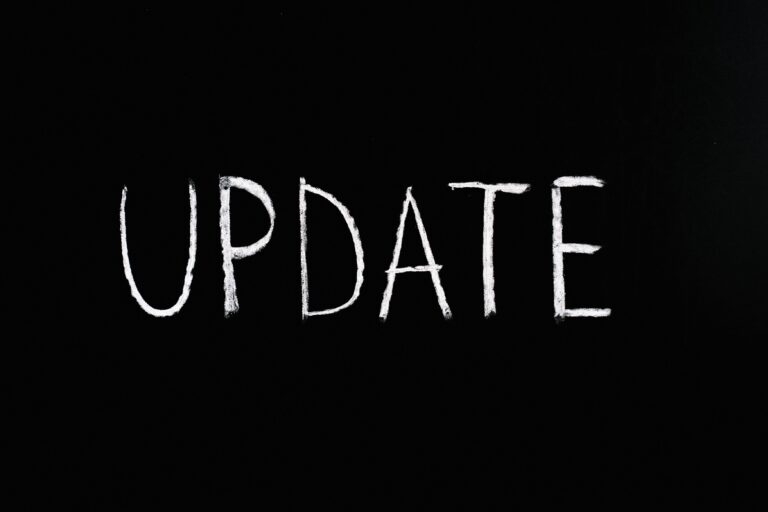
Is There More to Estate Planning Than Writing My Will?
Having a will is especially important if you have minor children. That’s because you can nominate guardians for your minor children in your will. Guardians are the people you want to raise your children, in the event that neither you or your spouse can do so.
Fed Week’s article entitled “Estate Planning: It’s Not Just about Making a Will” explains that when designating guardians, a person should be practical.
Closet relatives—such as a brother and his wife—may not necessarily be the best choice. They may be busy raising their own family and have plenty to look after, without adding your children to the equation.
You’re acting in the interests of your children, so be certain that you obtain the consent of your chosen guardians before nominating them in your will.
In addition, make sure you have sufficient life insurance in place, so the guardians can comfortably afford to raise your children.
However, your estate planning shouldn’t stop with a will and guardians. There are a number of other components to include:
- Powers of attorney. A power of attorney allows a person you name to act on your behalf regarding financial matters.
- Health care proxy. This authorizes another person to make medical decisions for you, if you are unable to do so yourself.
- Living will. This document states your wishes on life-sustaining efforts.
- HIPAA Waiver. This document allows healthcare professionals to provide information on a patient’s health to third parties, such as family members.
- Letter of Last Instruction. This personal document is an organized way for you to give your family important information about your finances and perhaps your reasons for your choices in your will or trust. This letter isn’t a will or a substitute for one.
- This is a way to avoid assets going through probate. The assets in trust can provide funds for your heirs under the rules you set up.
Ask an experienced estate planning attorney about developing a comprehensive estate plan.
Reference: Fed Week (September 28, 2021) “Estate Planning: It’s Not Just About Making a Will”









